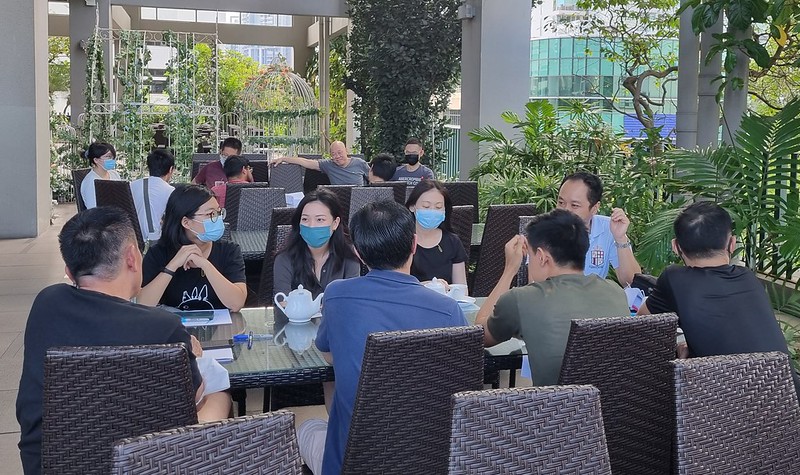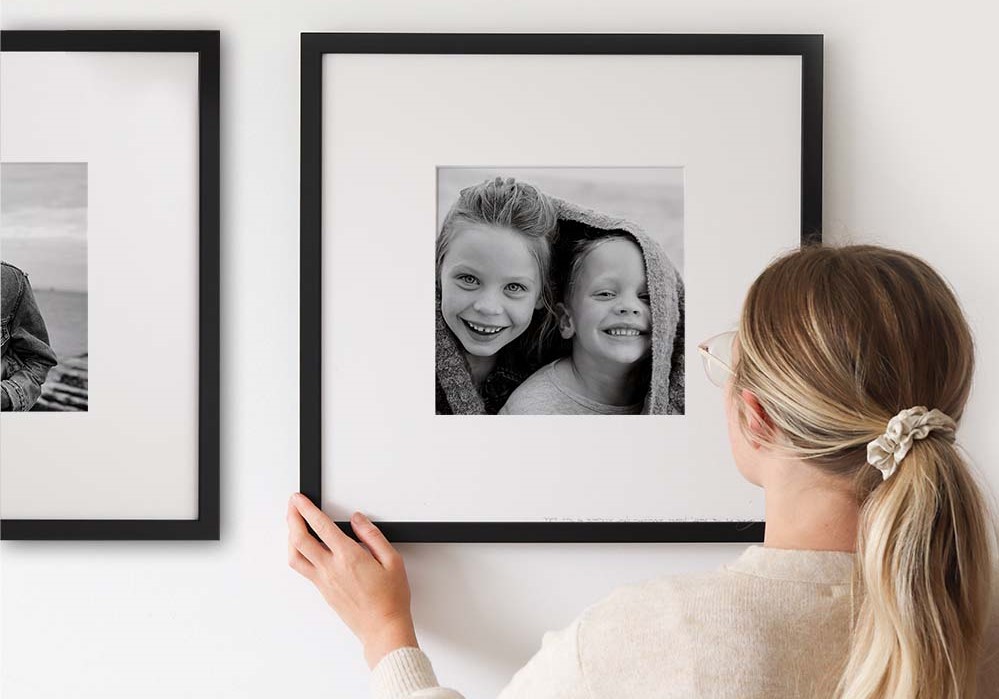
Humanist Café is a monthly gathering aimed at providing peer support for the non-religious at multiple stages of life. Guided by facilitators, participants share their life experience along one of the five themes marking life’s milestones.
On 31 July 2022, the Humanist Café held a session with the theme “Dealing with Life’s Challenges”.
The most stressful periods of life can take place when people experience death of a loved one, major personal injury or illness, retrenchment. Significant stress is also experienced before major exams, career change, and moving home.
At this session, individuals shared personal challenges they have faced in life, their sources of strength and coping mechanisms. Although many personal stories are confidential and will not be shared here, participants have shared generously about their sources of strength.
Framing as a source of strength
One of the most common questions posed about the non-religious, is how did they cope with life’s challenges when there’s no God / divine power / religious texts to comfort them.
Cafe facilitators observed that framing — choosing to perceive things in a different way — was the most common default used by non-religious participants to keep their spirits up.

Freethinkers have engaged in positive self-talk along these directions:
Reminding oneself that things will keep changing
“Life has its ups and downs. Nothing is permanent.”
“Situation is not cast in stone. It will be better.”
“What is bad now, could be a blessing later.”
Celebrate perseverance and progress.
“I am not smart enough to do this job, yet”
“Persevere. The glass is half full. There’s light at the end of the tunnel”
“As long as you take the next step forward, the possibility of a better day is always there.
Self-compassion
“Be kind to yourself”
“Don’t be in a hurry to pick up all the pieces.”
“I shouldn’t complain”
An interesting point brought up by one participant was that for people growing up in relatively comfortable lives, they might feel “guilty” about complaining about suffering, because there are so many others who are worse off.
For people who experienced this, the participant said it’s important to tell yourself that:
“There is no hierarchy to suffering. Even though others have it worse, your suffering is still valid.”
On helping others
Café participants were also asked, what would they do if they want to help others overcome life challenges. Below are some common responses:
- Let the person know you are available to help them (but don’t insist in helping if they refuse the offer)
- Give the person a hand in framing the issue: “This is how I would see it.”
- If no help is possible, let the person know you are thinking of him/her
- Just being physically around, buying the person a meal / drinks and be a listening ear
One Cafe participant said that happiness should come from within, as there is a limit to what you can do to make a person happy. Ultimately, the person has to make his/her own happiness. When necessary, it’s also good to seek professional help.
Comforting people on their deathbeds

Towards the end of the Cafe, there was a brief discussion on palliative care. How can we comfort non-religious people who know that death is imminent.
Even though many non-religious do not believe in an afterlife, a few suggested that you can still tell the person they are “going to a better place”.
You can help them recap good memories and reaffirm self-worth. “You have put up a good fight”, “you lived a fulfilling life.”
Helping them find closure on their regrets is key. ““Your mistakes are not going to hurt, not for me to judge.”
Conclusion
The Cafe ended in a friendly atmosphere after 2.5 hours.
This Cafe is the third session in a programme lasting from May – Sep 2022. You can read a summary of our first two sessions below.
- Growing up as a Freethinker (May 2022)
- Becoming Freethinkers (June 2022)
Also check out of our Death Cafe from last year: A non-religious discussion about death




